Nissan eyes 1.5 million electric cars by 2016
 Japan's second-largest automaker behind Toyota said it wants to be the world's largest player in so-called "zero-emission vehicles", including a new fuel cell electric vehicle developed with Daimler.
Japan's second-largest automaker behind Toyota said it wants to be the world's largest player in so-called "zero-emission vehicles", including a new fuel cell electric vehicle developed with Daimler.
The company, which is 43.8 per cent owned by French partner Renault, has sold 15,000 Leaf electric cars, the only model it produces, but plans to add a further seven models across the group.
"More consumers are demanding products in line with their values, including cars and trucks with a lower carbon footprint. At the same time, we are using technology to make our factories greener and more efficient," said Nissan President and Chief Executive Officer Carlos Ghosn.
"Nissan wants to be part of the solution toward a sustainable society -- for the sake of the planet and as a significant competitive advantage and a strategic differentiator in the global manufacturing sector."
In addition to the target of 1.5 million electric vehicles, the company said it is also aiming for an average 35 per cent improvement in fuel economy on 2005 figures for vehicles sold in Japan, China, Europe and the United States.
Last month, Nissan said it was teaming up with US-based General Electric to explore ways to promote the use of electric vehicles.
Japanese firms were hit hard by power and chronic parts supply shortages in the wake of March's earthquake and tsunami, with the likes of Nissan, Toyota and Honda having to sharply reduce production and shut plants due to a lack of crucial components.
However, Nissan's recovery has outpaced its peers with global production in June growing 18.5 per cent year-on-year to 419,831 units. Toyota and Honda declined by 7.9 per cent and 44.5 per cent respectively.
Nissan sold a total of 1,056,000 vehicles globally in the first quarter of fiscal 2011, up 10.6 per cent on-year.
What the stars mean:
★ Poor ★ ★ Promising ★★★ Good ★★★★ Very good ★★★★★ Exceptional
Latest News
More News
- Crucial small business arena to receive reduced CIT boost (April 24, 2024 | 11:12)
- Gaw Capital bets on “China plus one” opportunities in Vietnam (April 24, 2024 | 09:00)
- Softening demand to limit 2024 trade (April 24, 2024 | 08:00)
- FPT partners with NVIDIA to shape the future of AI and Cloud on global scale (April 23, 2024 | 18:07)
- Beverage giant SABECO thirsty for $190 million profit this year (April 23, 2024 | 17:47)
- US government hosts AI workshop in Ho Chi Minh City with key partners (April 23, 2024 | 15:09)
- FPT sees strong growth in first quarter (April 23, 2024 | 14:49)
- Female influence still to be attained (April 23, 2024 | 10:59)
- Vietnamese plastic firms to cash in on global demand (April 23, 2024 | 09:00)
- E-records in health not yet up to scratch (April 22, 2024 | 09:28)




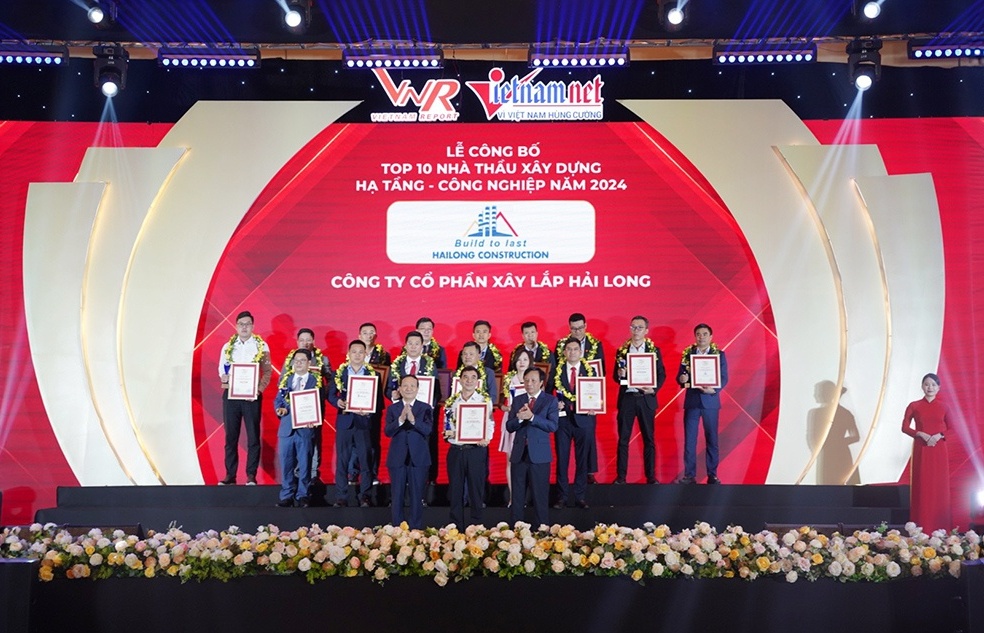
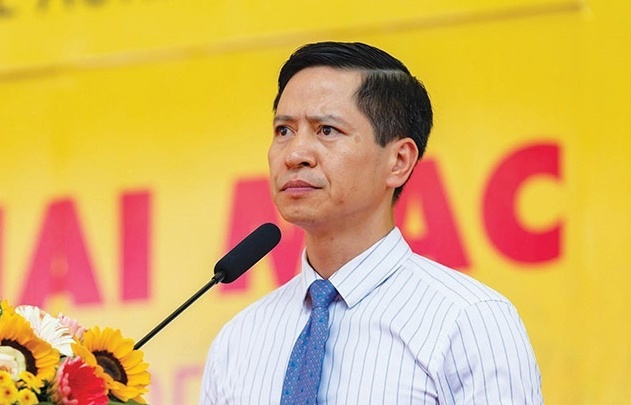
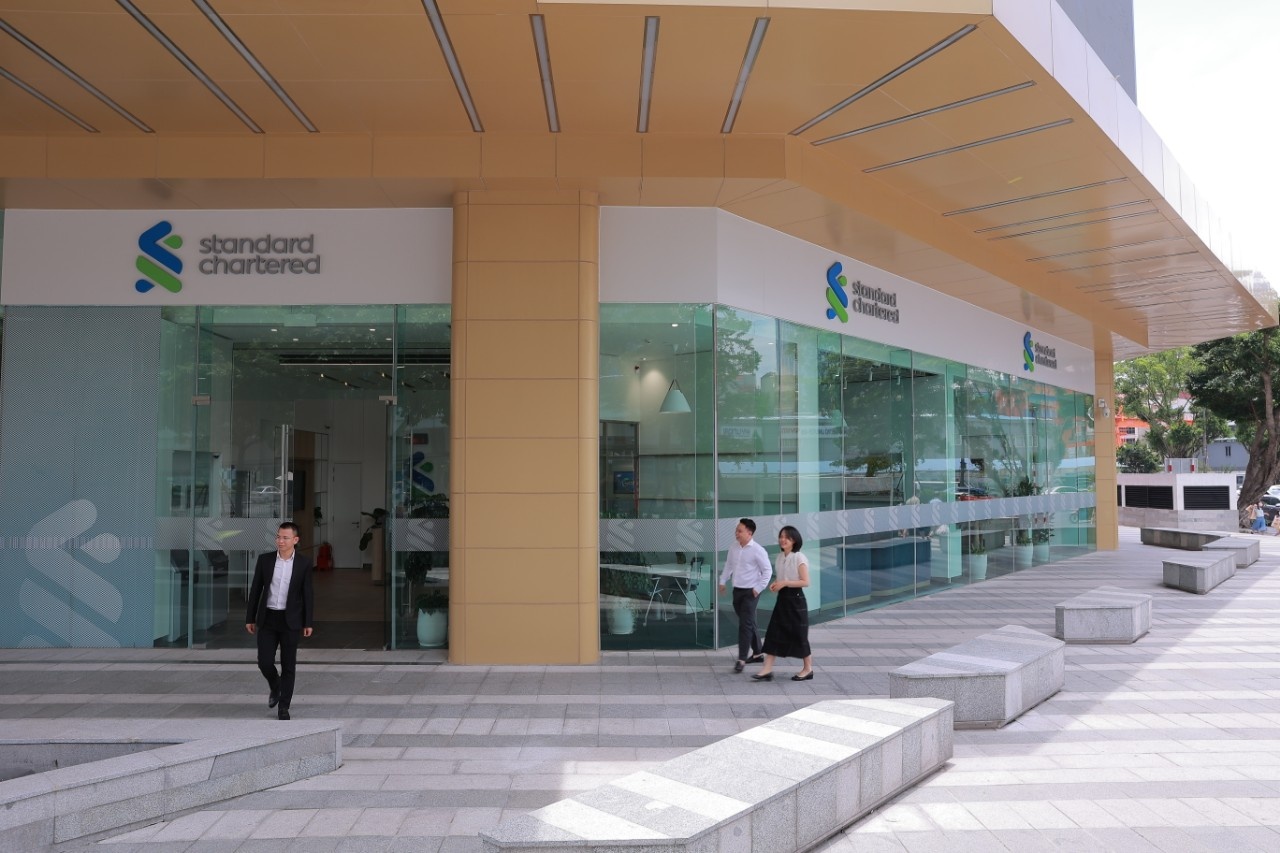
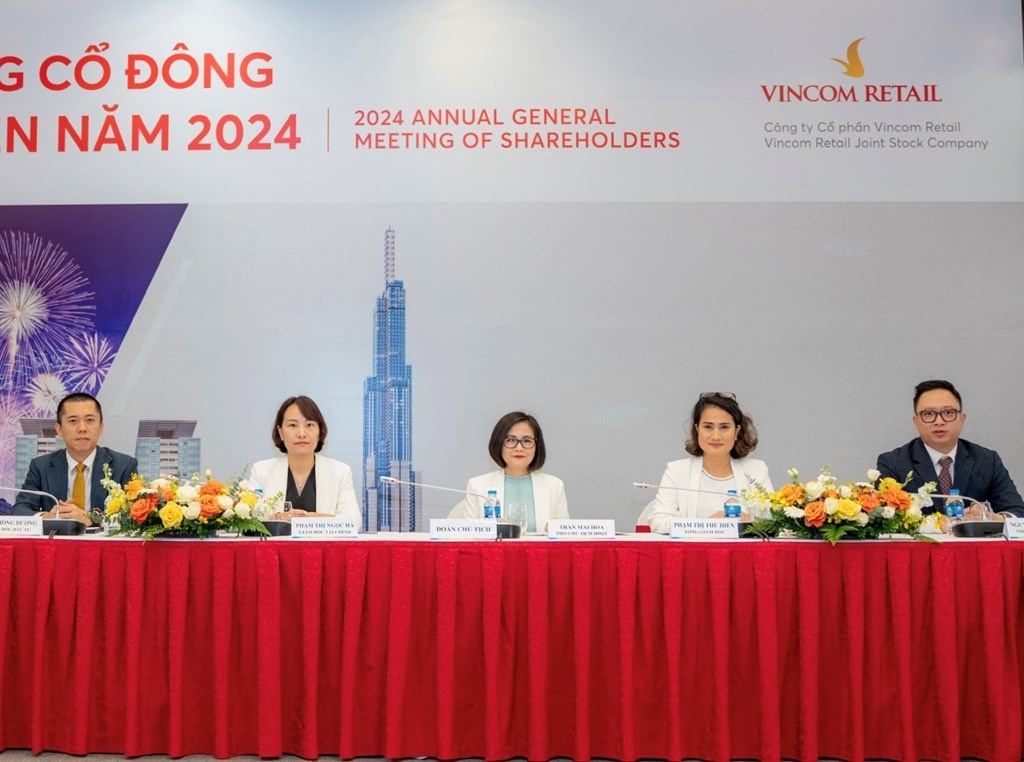



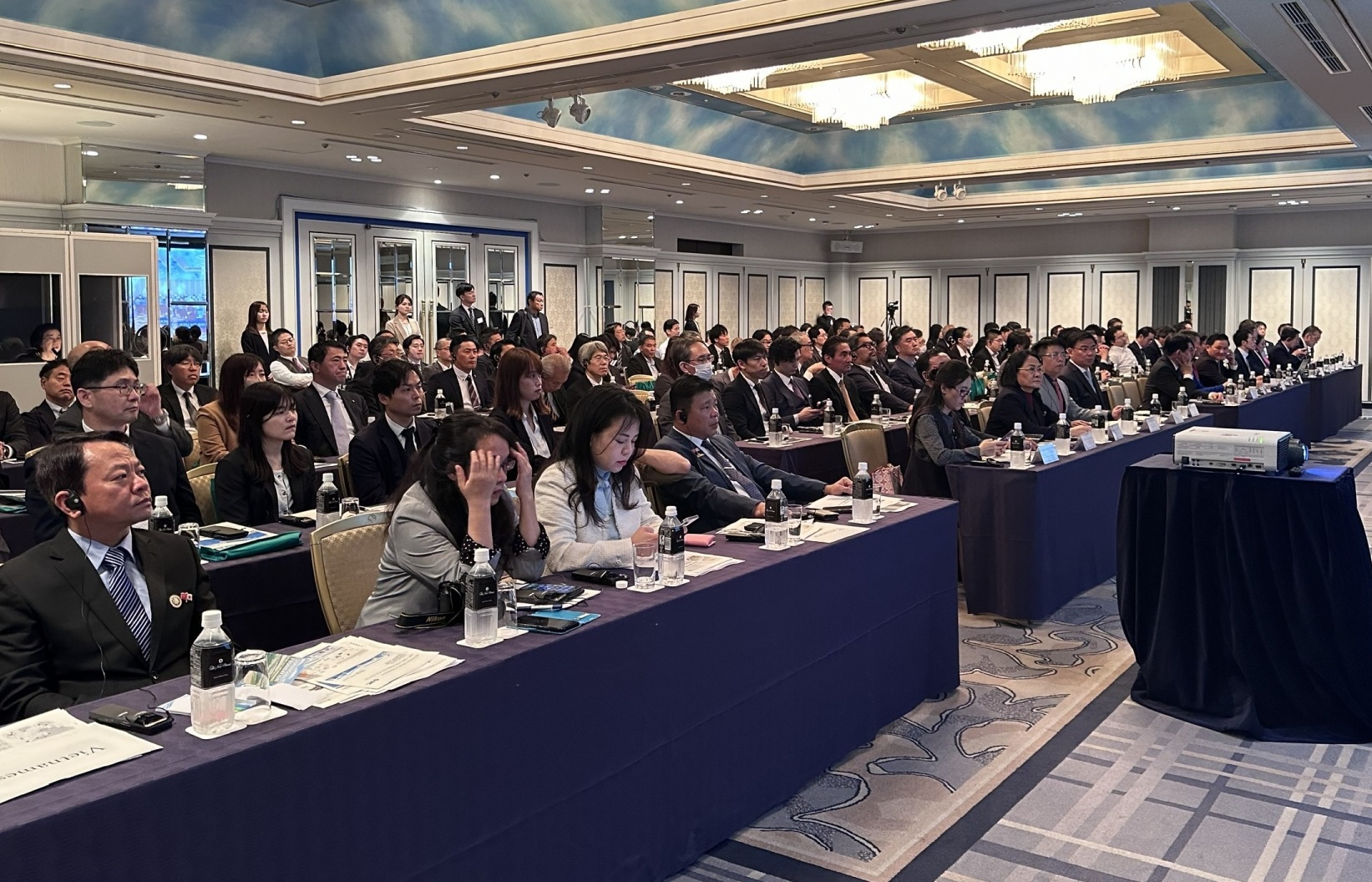



 Mobile Version
Mobile Version